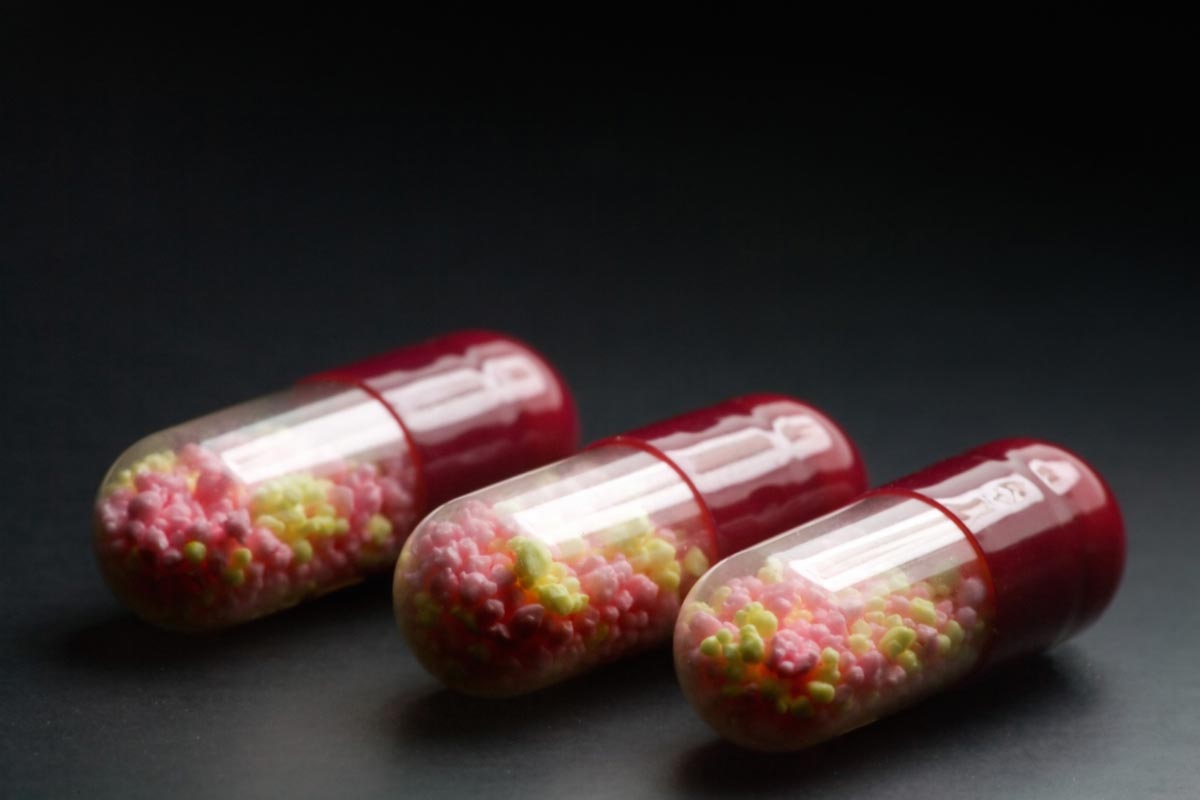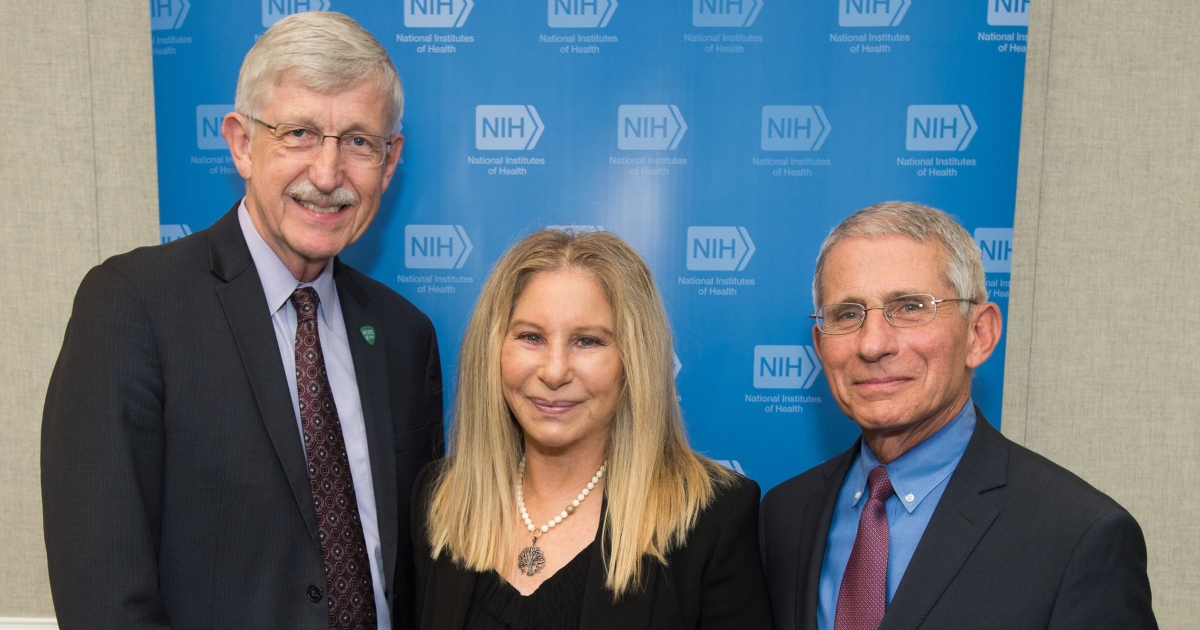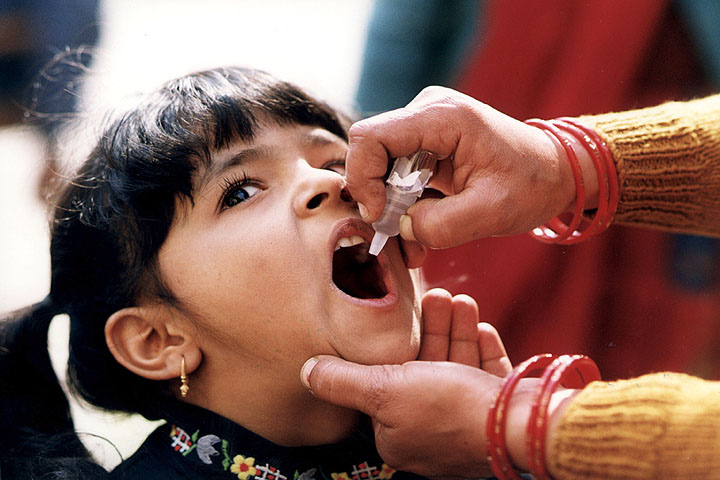STUDY: Use of “last-resort” antibiotic colistin in animal feed driving global spread of superbugs
03/29/2023 / By Belle Carter

A recent study coordinated by the University of Oxford (Oxon) found that the global trade of the “last-resort” antibiotic colistin is driving the spread of dangerous superbugs in low- and middle-income countries.
The drug causes an increase in proliferation of superbugs when used in livestock feed, the study found. In 2015, there was global alarm when a colistin-resistant superbug was discovered.
According to the piece, colistin is still being sold by richer nations to farmers in places such as Pakistan to boost growth and prevent the spread of disease, despite warnings from experts that its use in animal feed should be banned.
“The use of human antibiotics in animal feeds is one of the largest drivers of antibiotic resistance globally,” said Tim Walsh, research director of the Ineos Oxford Institute for Antimicrobial Research and co-lead author of the study.
Oxon’s multi-country research combined existing long-term studies with more than a thousand fresh samples from farm and wild animals, sewage and hospital patients in Pakistan. They detected the widespread environmental presence of mobilized colistin resistance (mcr-1), which is the gene that can make bacteria resistant to colistin.
As per the study sampling, the prevalence of mcr-1 in Pakistan was seven percent, well above the global average of 4.7 percent. Wild bird feces showed the highest prevalence at 25 percent, which the researchers say could come from birds scavenging waste and dead poultry in farms using colistin.
“Birds then spread the superbug throughout the environment, often across borders. Samples taken from patients admitted to hospitals with abdominal pain and diarrhea also tested positive for colistin resistance,” the non-profit media organization Bureau of Investigative Journalism (TBIJ) reported.
At least 150 tons of the medication were shipped to India in recent years by pharmaceutical companies that sold the drug to farmers without requiring a prescription. The investigation prompted the Indian government to ban the use of colistin on farms in 2019.
Mashkoor Mohsin, an associate professor at the Faisalabad University of Agriculture and co-author of the research, stressed the need to change the way colistin is manufactured, traded, licensed and used as an antibiotic for veterinary purposes.
“Such a global shift will require considerable commitment from national governments, financial institutions, pharmaceutical companies and international trade regulators,” he added.
10M People could die annually by 2050 from superbugs
A study has predicted that as many as 10 million people could die each year by 2050 due to antimicrobial resistance. This could be caused by massive environmental pollution and irresponsible practices by Big Pharma, agriculture and oil companies and other industries. (Related: Antibiotic-resistant genetic material found in biosludge spread on American farms, putting pathogenic genes on our food.)
The report from the United Nations Environment Program (UNEP), titled “Bracing for Superbugs,” tackled how pollution from hospital wastewater, sewage discharged from pharmaceutical production facilities and run-off from animal and plant agriculture can spread “not only resistant microorganisms, but also antimicrobials, various pharmaceuticals, microplastics, metals and other chemicals, which all increase the risk of AMR [antimicrobial resistance] in the environment.”
The study pointed to the pharmaceutical industry for frequently releasing untreated wastewater containing active pharmaceutical ingredients such as antibiotics, antivirals, and fungicides, as well as disinfectants. The Guardian reported that the contaminants increase the likelihood of resistant superbugs to survive in untreated sewage.
According to UNEP, chronically polluted waterways are more likely to harbor microorganisms that increase AMR development and distribution in the environment.
The report warned that the “use of antimicrobials to treat infection and promote growth among livestock; the use of reclaimed wastewater for irrigating crops; the use of manure as fertilizer; and the inadequate waste management” all serve as entry points for AMR organisms into the environment.
Follow SuperBugs.news to learn more about antibiotic-resistant microbes.
Watch the video below that talks about a new treatment for superbugs.
This video is from the Zoon Politikon channel on Brighteon.com.
More related stories:
Drug-resistant bacteria add another layer to India’s coronavirus battle.
Researchers are looking to peptides to combat drug-resistant microbes.
Scientists have found antibiotic-resistant bacteria throughout Germany’s waterways.
Sources include:
Submit a correction >>
Tagged Under:
agriculture, antibiotic, antibiotic resistance, big government, Big Pharma, colistin, Ecology, environment, farming, infections, livestock feed, pharmaceutical fraud, research, superbugs
This article may contain statements that reflect the opinion of the author




















